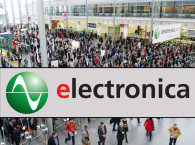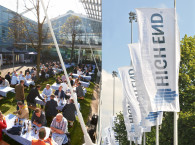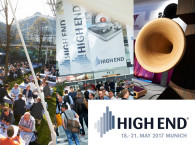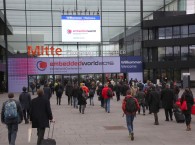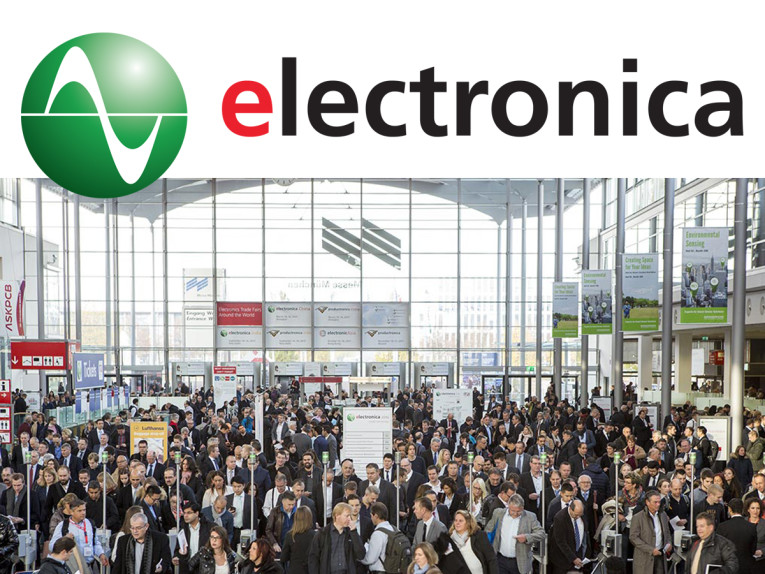
According to Falk Senger, Managing Director at Messe München: “This year’s electronica did an impressive job of demonstrating how the various aspects of our lives will network with one another in the future and redefine our everyday lives. What we have seen is revolutionary.”
Kurt Sievers, Chairman of electronica's Technical Advisory Board, European Vice President and General Manager Automotive, NXP Semiconductors, adds: “Smart technologies and applications make it vital for new security solutions to keep up with this development. Security by design is an important guiding principle for the industry.”
“It will play a key role in the future,” explains Christoph Stoppok, Managing Director of the Electronic Components and Systems Division and the PCB and Electronic Systems Division of the ZVEI (German Electrical and Electronic Manufacturers’ Association). “The only way to instill trust in consumers and successfully sell smart devices is to make high-tech products and their components secure.”
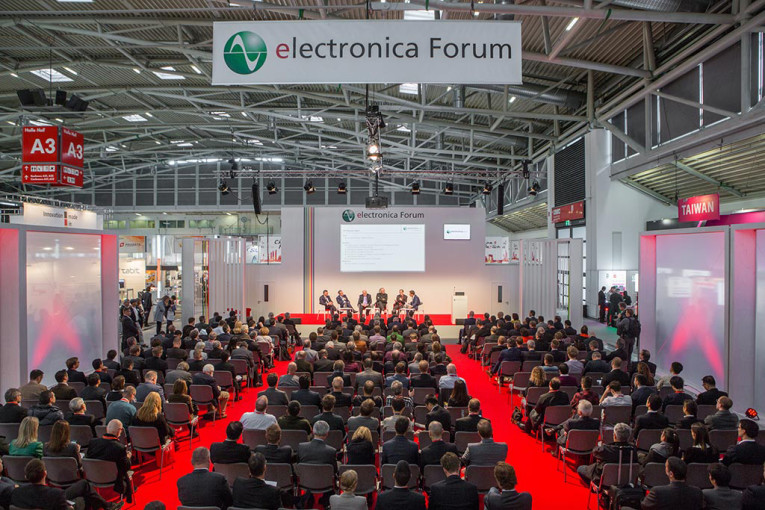
The electronica Trend Index 2020 results also revealed that consumers around the world are aware that security in connected devices is essential. 76% of Germans demand that electronic devices have an update service in the future that protects them against hacker attacks. That means that, in the connected world, Germans are considerably more prudent than their European neighbors or consumers in Asia and the USA. That applies to electronics in their own homes as well as in the public sphere.
Constant increases in the networking of electronic devices is making people’s lives more convenient. However, immense quantities of data are being generated that could allow others to draw several conclusions about the user or even make it possible for data to be deleted or manipulated by unauthorized persons. That is why three-fourths of consumers in Germany are calling for devices that regularly update their own software to protect themselves against hacker attacks. An impressive 90 percent of Germans have a positive view of such security measures. By comparison: In Japan, only about half of all consumers are demanding corresponding anti-hacker protection. That figure is about 65 percent in France and Great Britain, and about 70 percent in Italy, the USA and China.
When it comes to the “smart home” or the connected home, Germans must also strike a balance between convenience and security: Is convenient remote control from outside the home really secure enough to send data from the home to external devices over the Internet? Right now, only 48 percent of those surveyed want to be able to check the opened/closed status of their windows and doors when they are on the go. Approximately half are interested in remote-control capabilities. The French and the British are similarly critical. However, the Italians and US Americans who were surveyed said they could imagine warming up to smart-home technology. The approval rating there was about 65 percent.
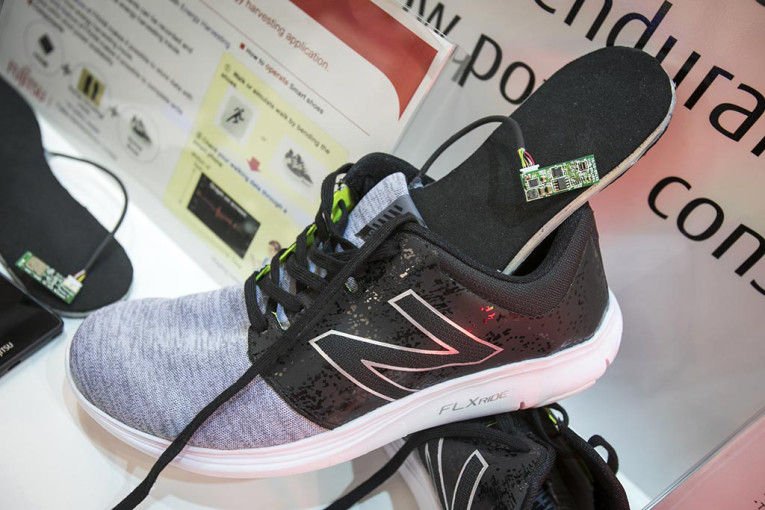
Many Germans are also reserved when it comes to data from public sources, or the so-called smart city. For example, a comparatively low number of Germans (57 percent) are in favor of more camera monitoring to deter criminal activity. Consumers in other countries such as Italy (73 percent), China (72 percent) and the USA (64 percent) are more open about the use of data for that purpose. Germans don’t become more accepting about transmitting data until it comes to their cars. 69 percent said they would favor cars that send their locations to the police when someone tries to steal them. In this case, Germans are in the lead — along with China (76 percent), Italy (76 percent) and the USA (69 percent). Self-protecting cars appear on the wish lists of Japanese consumers much less frequently (45 percent).
When asked about health and medical information, the majority of German consumers see red when it comes to data protection: 76 percent demand highly effective protection of patient data — no other country attributed greater importance to this topic. Only 28 percent said that they would expressly agree to having their medical data collected online and evaluated for research purposes. 31 percent clearly rejected the idea. In this area, Germans joined the Japanese in expressing the greatest reluctance. In all other countries that participated in the survey, the explicit approval rating was more than 40 percent. In China it was just less than 70 percent.
electronica 2016 Facts and Figures
Approximately 73,000 trade visitors from more than 80 countries attended the fair in Munich. As a survey revealed, satisfaction among visitors remained high. 99 percent gave the fair a rating of good to excellent.
Besides Germany, the countries with the largest number of visitors were Italy, Austria, Great Britain and Northern Ireland, France, Switzerland, USA, Israel, the Russian Federation, Poland and Slovenia, in that order. There was a significant increase in the number of visitors from France, China, Slovenia, Turkey and Israel.
A total of 2,913 exhibitors from more than 50 countries presented their products and technologies at the fair. That corresponds to an increase of 7 percent over the 2014 exhibition, continuing a trend of previous years. “More and more companies present components in the context of applications,” explains Senger. Besides Germany, the countries with the largest contingents of exhibitors were China, Taiwan, the USA and Great Britain (in that order).
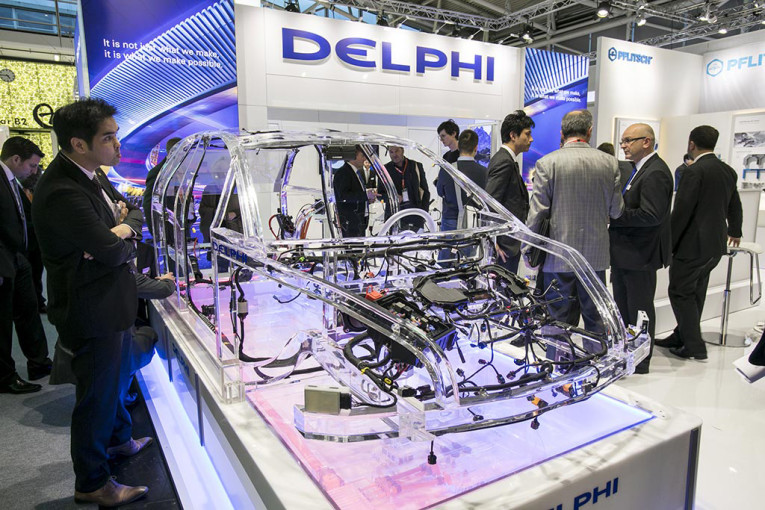
“Today, 80 percent of innovations in the automobile are being driven by microelectronics and software,” says Falk Senger, the Managing Director at Messe München. From new assistance systems to sensors and LEDs, automotive electronics continues to increase its presence at electronica. One-third of all exhibitors presented solutions for this sector. The day before the fair started, the electronica Automotive Conference, in which 228 visitors from more than 20 countries participated, was an important prelude to this topic. A total of 228 visitors from 20 countries participated in the conference, a considerable increase over 2014.
In keeping with the motto “Connected Worlds—Safe and Sound”, key figures from the semiconductor industry, OEMS and the scientific sector got warmed up at the CEO Roundtable on the first day of the fair. This year’s discussion showed that security is important, but also highly complex. However, it can only be achieved in close collaboration with the IT industry. The Internet of Things and cyber security were also key themes of the Embedded Platforms Conference, which also saw an increase in attendance with a total of 218 participants.
IT2Industry, the International Trade Fair and Open Conference for Intelligent, Digitally Networked Working Environments, was also a success. It allowed visitors to gather information about topics such as Industrial Software & Systems, Industrial IT Security, Big Data & Cloud, Smart Factory, M2M Communication and Embedded Systems.
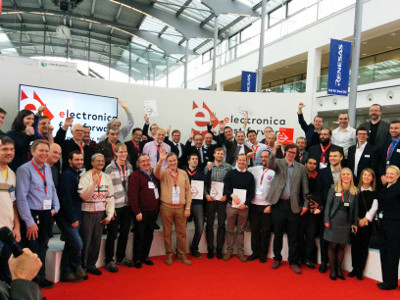
For the first time ever, electronica featured a new platform that revolves around aspiring founders and start-ups. For four days, 35 participants from 16 countries competed for the electronica Fast Forward Award in the categories “Idea,” “Prototype,“ and “Start-up.” Promoted in collaboration with Elektor magazine, the electronica Fast Forward Awards were sponsored by STMicroelectronics, Würth Elektronik, Trinamic and Conrad.
Following three days of presentations, on Friday November 11, the Fast Forward Awards have been announced and nine participants, three in each of the three categories, were distinguished. In the category “Idea”, the first prize was awarded to Artem Kuchukov from Kewazo (Germany) for its scaffolding installation robot for building and construction. In the category “Prototypes”, the winner was Mowea, also from Germany. The company developed a special way to supplement solar power with wind energy to a single household. In the category “Start-up”, BotFactory from New York claimed first place with a printer able to create a prototype PCB “on the spot”. Following the announcements in all three categories, Mowea was considered the best overall project - not only they introduced an innovative idea but they provided the jury with a convincing demonstration - and received the 75,000 euros award. BotFactory with its Squink PCB printer system, was second place, and Kewazo (the scaffolding building robot) picked up third place, earning them awards worth 50,000 and 25,000 euros respectively. As spokesperson for the Fast Forward Awards jury, Elektor’s Clemens Valens stated: “I found the quality very impressive. Not only did I see great engineering, the entries also displayed amazing diversity.”
The next edition of electronica takes place in Munich from November 13–16, 2018.
www.electronica.de



